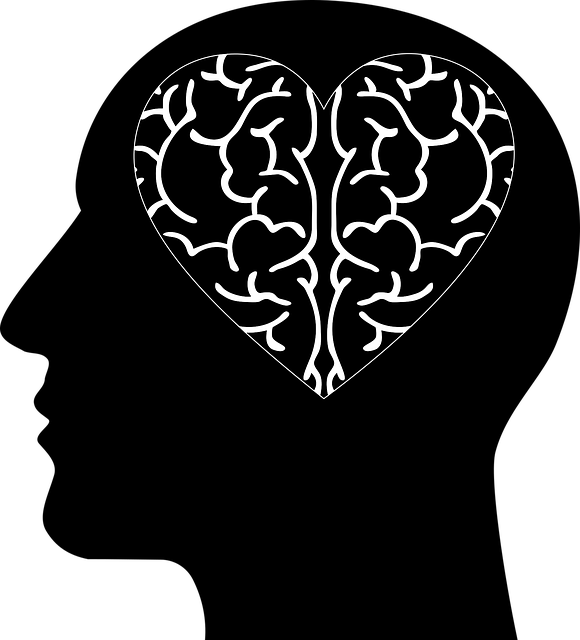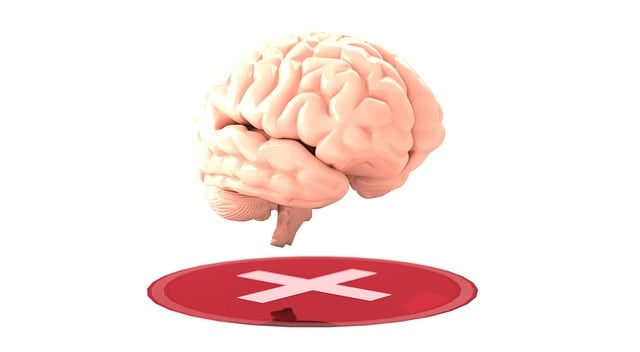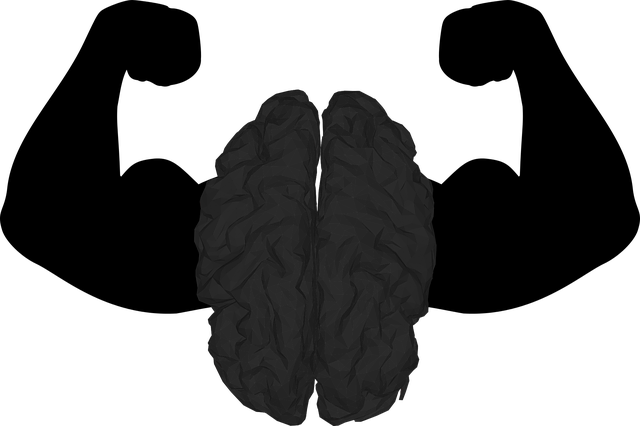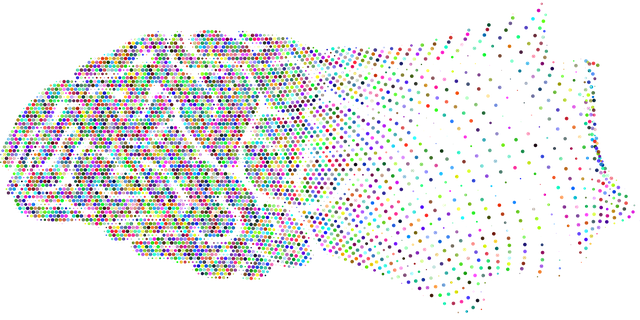Westminster Conduct Disorder Therapy (WCDT) provides evidence-based Social Skills Training (SST) and a comprehensive approach to addressing social challenges for adolescents with conduct disorders. Through SST, clients learn strategies for understanding social situations, conflict resolution, and burnout prevention, empowering them to build healthier relationships and manage conflicts effectively. WCDT combines self-awareness exercises, community outreach, and empathy-building strategies to reduce problematic behaviors, facilitate successful reintegration, and enhance overall well-being. Its dual focus on symptom management and skill development has proven effective in improving social interactions and reducing aggressive behavior.
Social Skills Training (SST) is a powerful therapeutic approach that focuses on enhancing interpersonal interactions and communication for individuals with mental health conditions, particularly those diagnosed with Conduct Disorder. This article explores SST’s potential benefits and provides an in-depth look at Westminster Conduct Disorder Therapy, a specialized form of SST. By understanding these techniques, we can better support those navigating social challenges, fostering improved relationships and overall well-being.
- Understanding Social Skills Training
- Benefits for Individuals with Conduct Disorder
- Implementing Westminster Conduct Disorder Therapy
Understanding Social Skills Training

Social Skills Training (SST) is a therapeutic approach designed to help individuals with mental health conditions improve their interpersonal interactions and overall social functioning. This evidence-based method teaches practical strategies for understanding and navigating social situations, which can be especially beneficial for those struggling with conditions like Conduct Disorder. By focusing on developing essential social skills, SST empowers individuals to build healthier relationships, enhance communication, and manage conflicts more effectively.
At our Westminster Conduct Disorder Therapy center, we incorporate SST into comprehensive treatment plans to address the unique social challenges faced by each client. This may include teaching conflict resolution techniques, guiding mental wellness journaling exercises, and offering strategies for burnout prevention. Through these means, we aim to equip individuals with the tools necessary to thrive socially while fostering a deeper sense of connection and well-being.
Benefits for Individuals with Conduct Disorder

Social skills training offers profound benefits for individuals diagnosed with Conduct Disorder (CD). Westminster Conduct Disorder Therapy focuses on empowering clients to navigate social interactions with greater ease and confidence, a crucial aspect often overlooked in traditional treatment approaches. By incorporating evidence-based self-awareness exercises, participants learn to recognize their emotional triggers, enabling them to respond thoughtfully rather than reacting impulsively.
This transformative process goes beyond individual growth; it paves the way for successful integration into community settings. The implementation of community outreach program initiatives and empathy building strategies further enhances these individuals’ ability to form meaningful connections and foster positive relationships. Such therapeutic interventions not only improve social functioning but also reduce behaviors associated with CD, ultimately leading to enhanced well-being and a more fulfilling life.
Implementing Westminster Conduct Disorder Therapy

Implementing Westminster Conduct Disorder Therapy (WCDT) offers a structured approach to addressing conduct disorders in youth, which aligns with the principles of evidence-based practices recommended by Mental Health Policy Analysis and Advocacy experts. This therapy model focuses on teaching individuals, particularly adolescents, appropriate social behaviors and emotional regulation skills through a hierarchical system of rewards and consequences. By fostering positive reinforcement, WCDT encourages self-care practices that promote healthier decision-making and emotional healing processes.
The effectiveness of this approach lies in its ability to target specific problematic behaviors while simultaneously teaching alternative, more adaptive responses. This dual focus is crucial for individuals struggling with conduct disorders, as it not only helps to manage symptoms but also equips them with essential life skills that can improve their overall mental health and well-being. Through consistent implementation, WCDT has shown promising results in reducing aggressive behavior and improving social interactions, making it a valuable tool in the arsenal of professionals working in the field of youth mental health.
Social skills training, such as the Westminster Conduct Disorder Therapy, offers a promising approach to enhancing mental health and well-being. By focusing on developing social competencies, individuals with conditions like conduct disorder can learn to navigate interpersonal relationships more effectively. This evidence-based practice not only improves their social interactions but also contributes to better overall mental health outcomes. Embracing these training methods can be a game-changer in fostering positive change and building resilient individuals.














